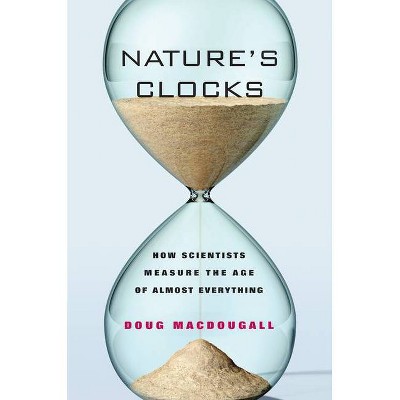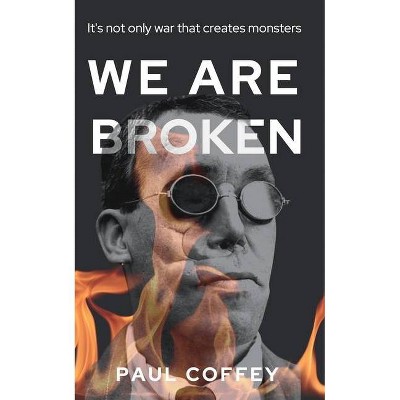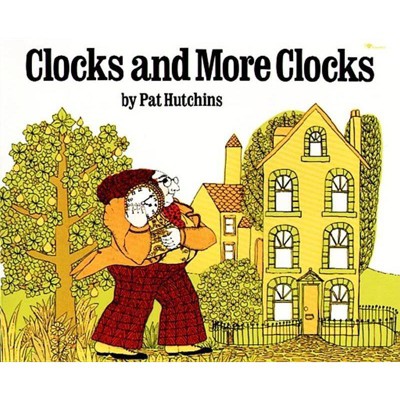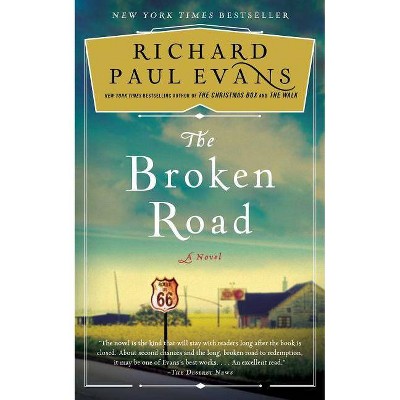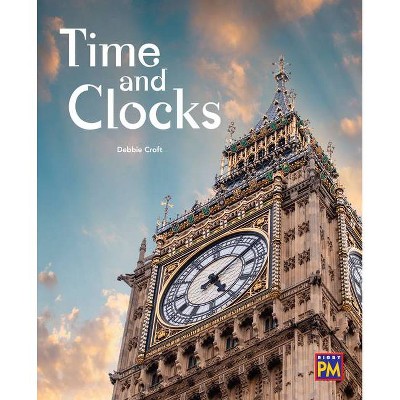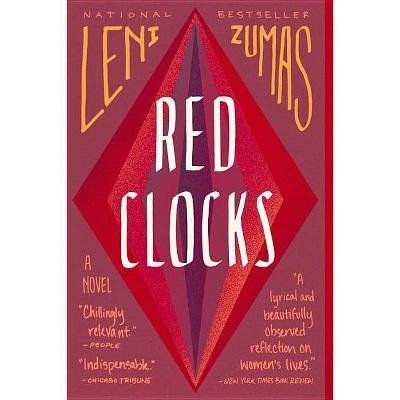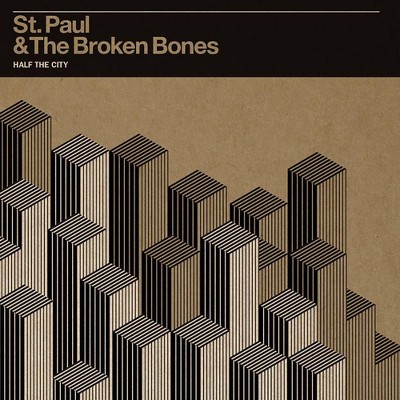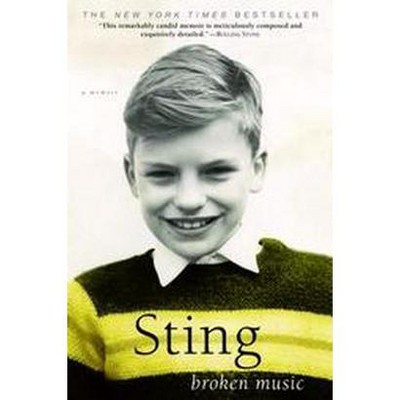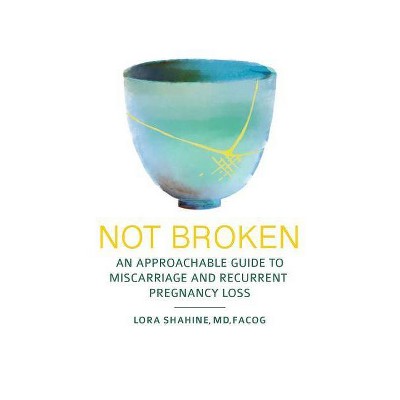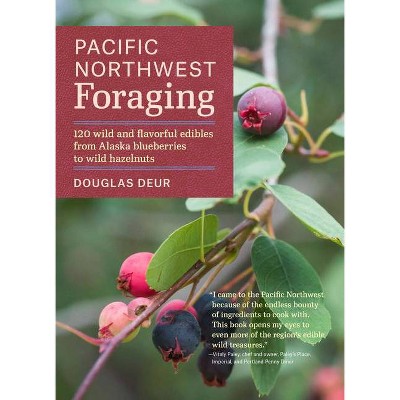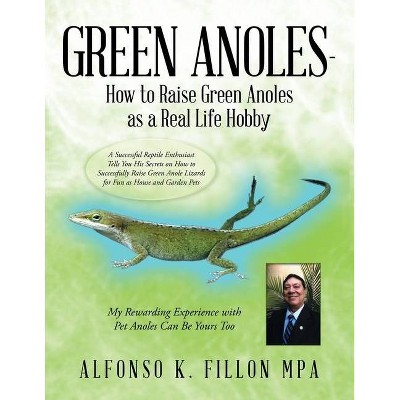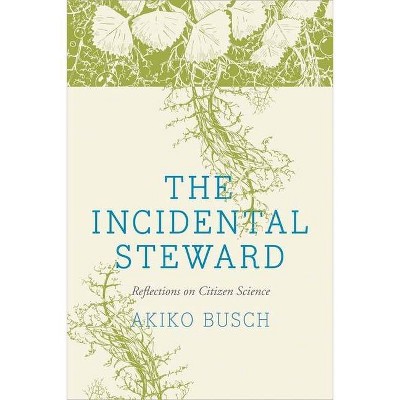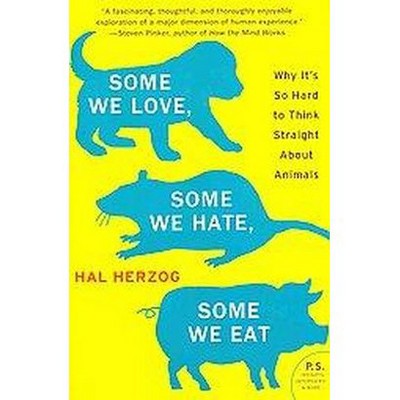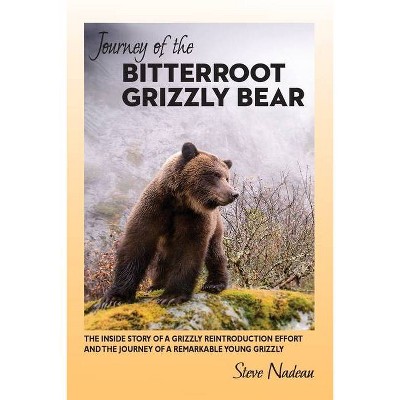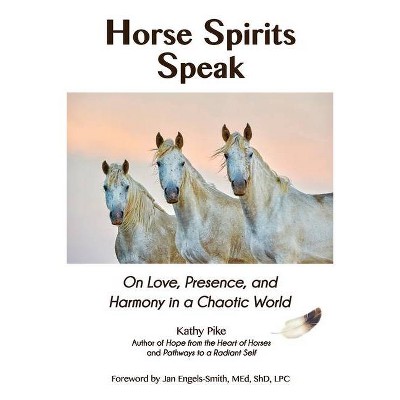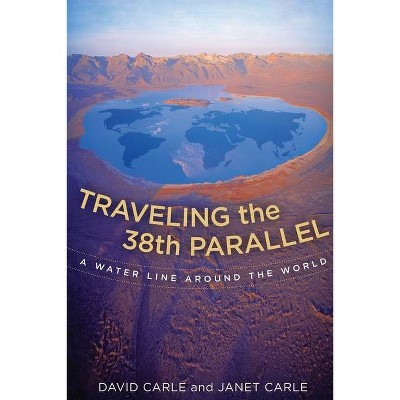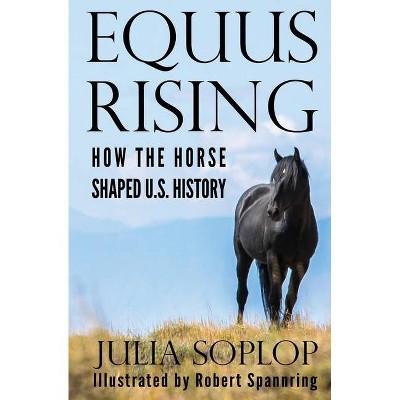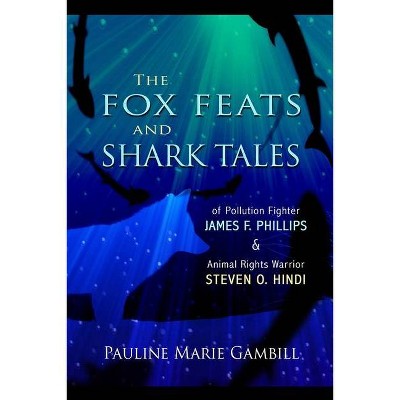Nature's Broken Clocks - by Paul Huebener (Paperback)
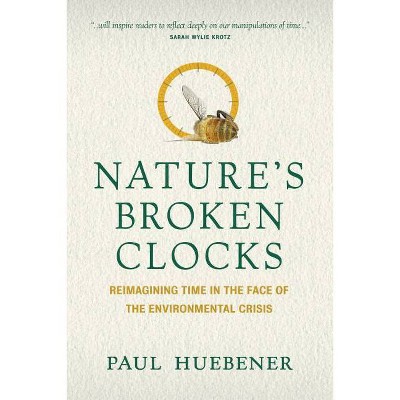
Similar Products
Products of same category from the store
AllProduct info
<p/><br></br><p><b> About the Book </b></p></br></br>"Examines how cultural narratives of time are connected to ecological disruption. The environmental crisis is, in many ways, a crisis of time. The demands of late capitalism have driven us to influence time through various means: artificial lights, long-distance flights, extended lifespans, and more. Yet, as Paul Huebener shows, by breaking our clocks, we also unwittingly break others. From the 3 a.m. calls of songbirds to the rapid dying of coral reefs to the shifting pace of extreme weather events, the patterns of the natural world are changing. For humans and other members of the ecosphere, time will soon run out, if it hasn't already. Drawing from works of fiction and poetry, from studies of circadian rhythms and the revival of ancient frozen bacteria to punch clocks and prison sentences, to Indigenous grave markers that count time in centuries rather than seconds, Nature's Broken Clocks provides the tools to reread the problem of time keeping. Huebener's work develops a new practice of "critical temporal literacy" that examines how cultural narratives of time are connected to the problems of ecological disruption and what we might do to fix them."--<p/><br></br><p><b> Book Synopsis </b></p></br></br><p><b>Examines how cultural narratives of time are intimately connected to the challenges and disruptions of ecological time</b> <p/>The environmental crisis is, in many ways, a crisis of time. From the distress cries of birds that no longer know when to migrate, to the rapid dying of coral reefs, to the quickening pace of extreme weather events, the patterns and timekeeping of the natural world are falling apart. We have broken nature's clocks. <p/>Lying hidden at the root of this problem are the cultural narratives that shape our actions and horizons of thought, but as Paul Huebener shows, we can bring about change by developing a critical literacy of time. Moving from circadian rhythms and the revival of ancient frozen bacteria to camping advertisements and the politics of oil pipelines, Nature's Broken Clocks turns to works of fiction and poetry, examining how cultural narratives of time are connected to the problems of ecological collapse and what we might do to fix them. <p/>Urgent and profound, <i>Nature's Broken Clocks</i> is essential reading for anyone interested in time and the environment. --Nicholas Bradley, author of <i>Rain Shadow</i> <p/>"<i>Nature's Broken Clocks </i>will inspire readers to reflect deeply on our manipulations of time, and on the impact of our shifting temporal imaginations and practices on the ecosphere." --Sarah Wylie Krotz, Assistant Professor, Department of English and Film Studies, University of Alberta</p><p/><br></br><p><b> Review Quotes </b></p></br></br><br>"<i>Nature's Broken Clocks </i>will inspire readers to reflect deeply on our manipulations of time, and on the impact of our shifting temporal imaginations and practices on the ecosphere."--Sarah Wylie Krotz, Assistant Professor, Department of English and Film Studies, University of Alberta<br><br>"Urgent and profound, <i>Nature's Broken Clocks</i> is essential reading for anyone interested in time and the environment."--Nicholas Bradley, author of Rain Shadow<br><p/><br></br><p><b> About the Author </b></p></br></br>Paul Huebener is the author of <i>Timing Canada: The Shifting Politics of Time in Canadian Literary Culture</i>, which was a finalist for the Gabrielle Roy Prize. He is an associate professor of English at Athabasca University.
Price History
Cheapest price in the interval: 18.79 on October 22, 2021
Most expensive price in the interval: 18.79 on November 8, 2021
Price Archive shows prices from various stores, lets you see history and find the cheapest. There is no actual sale on the website. For all support, inquiry and suggestion messages communication@pricearchive.us
